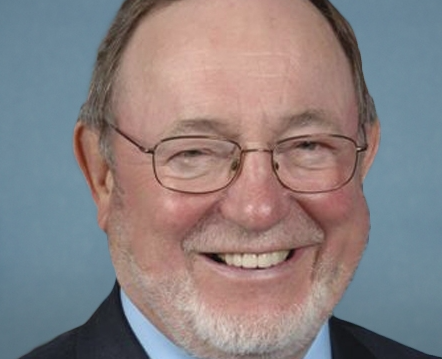
As voted on by the Alaska Republican Party State Central Committee earlier this year, the electors for the 2016 General Election are:
- Gov. Sean Parnell, Palmer
- Jacqueline Tupou, Juneau
- Carolyn Leman, Anchorage
What is next? Per federal law, on the Monday following the second Wednesday of December each state’s electors meet in their respective states and cast their electoral votes. That would mean Alaska’s electors will gather on Dec. 19 in Juneau, where hopefully all the aforementioned grief counseling is completed. Or not.
In Alaska, each elector must “pledge” that he or she will fulfill the duty of elector and cast his/her electoral vote for the candidate of the party. It’s not unusual that people try to pressure the electors to change their votes; in 2012, the Ron Paul people were mobilized in this regard.
There’s already been some pressure exerted in this cycle, according to at least one elector. Here’s a note one of them received from a Juneauite. (We’ve removed the author’s name to spare her the embarrassment):
“I am writing to you to ask you, in the name of humanity, to please cast your electoral vote in December for the candidate who the public voted for, Mrs. Hillary Clinton. Please, do the right thing and place what is right ahead of your party. Thank you.”
According to Kristie Babcock, who was an elector in 2012 along with Kathleen Miller and Chris Nelson, the process is somewhat ceremonial, complete with cake and punch and several observers in the audience. The electors sign six original sets of the official ballot, seal the envelopes, and sign the outside of them. One copy goes to the president of the Senate (Vice President Joe Biden), who opens it on Jan. 6 and reads it before both houses of Congress.
The other copies go to the lieutenant governor, the Archivist of the United States, and to the chief judge of the federal district court where the electors meet.



 Oh to be a fly on the wall during President-elect Donald Trump’s team meetings on who will populate his cabinet when he is sworn into office on Jan. 20.
Oh to be a fly on the wall during President-elect Donald Trump’s team meetings on who will populate his cabinet when he is sworn into office on Jan. 20.








